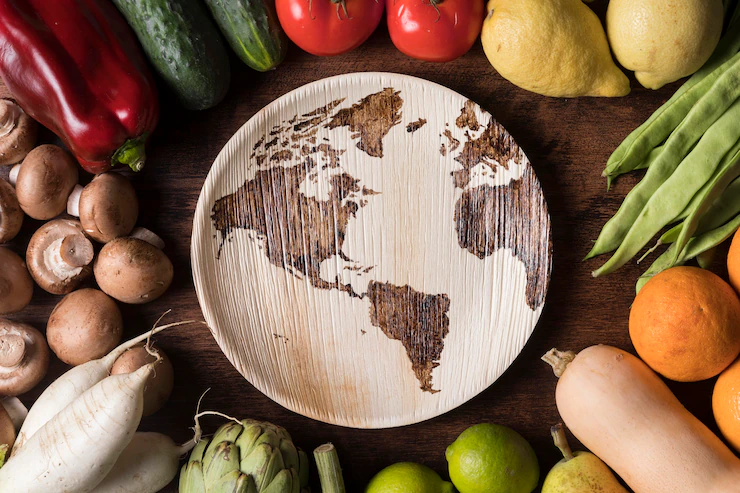Food regulations and compliance play a crucial role in the agroprocessing industry. Agroprocessing refers to the transformation of raw agricultural materials into value-added products, such as processed foods, beverages, and ingredients. These regulations are put in place to ensure the safety and quality of food products and to protect consumer health. The impact of food regulations and compliance in agroprocessing can be observed in several key areas:
- Food Safety: Food regulations set standards and guidelines for handling, processing, and packaging food products. They require agroprocessing facilities to implement proper sanitation practices, maintain hygiene standards, and adhere to good manufacturing practices (GMPs) and Hazard Analysis and Critical Control Points (HACCP) principles. These measures help prevent contamination, microbial growth, and the spread of foodborne illnesses.
- Quality Assurance: Food regulations establish criteria for product quality and consistency. They define standards for ingredients, labeling, packaging, and storage conditions. Compliance ensures that agroprocessors maintain consistent product quality and provide accurate information to consumers about the composition, nutritional content, and potential allergens in their products.
- Market Access: Many countries have specific regulations and import requirements for food products. Compliance with these regulations is essential for agroprocessors to access domestic and international markets. Non-compliance can lead to trade barriers, import restrictions, and the loss of market opportunities. Adhering to food regulations enables agroprocessors to demonstrate that their products meet the necessary safety and quality standards, giving them a competitive advantage in the market.
- Consumer Confidence: Food regulations build trust and confidence among consumers. When consumers see that agroprocessors are compliant with regulations, they feel assured that the products they purchase are safe and meet certain quality standards. Compliance also enables consumers to make informed choices by providing accurate labeling information and transparent communication about potential risks and allergens.
- Innovation and Research: Food regulations drive innovation and research in the agroprocessing industry. As new scientific knowledge emerges, regulations may be updated to reflect the latest understanding of food safety and quality. Agroprocessors must stay abreast of these changes and adapt their processes accordingly. Compliance with regulations encourages investment in research and development to develop new technologies, processes, and ingredients that meet regulatory requirements while improving product quality, safety, and sustainability.
- Sustainability and Environmental Impact: Food regulations increasingly focus on sustainability and environmental impact. Agroprocessors are required to comply with regulations related to waste management, energy efficiency, water usage, and the reduction of greenhouse gas emissions. Compliance drives the adoption of sustainable practices, such as recycling, waste reduction, and the use of renewable energy sources, leading to a more environmentally responsible agroprocessing sector.
In summary, food regulations and compliance have a significant impact on the agroprocessing industry. They ensure food safety, maintain product quality, facilitate market access, build consumer confidence, drive innovation, and promote sustainability. Agroprocessors that prioritize compliance with food regulations can effectively navigate the regulatory landscape, meet consumer expectations, and contribute to a safer and more sustainable food supply chain.
Join 'Farmers Mag' WhatsApp Channel
Get the latest Farming news and tips delivered straight to your WhatsApp
CLICK HERE TO JOIN






